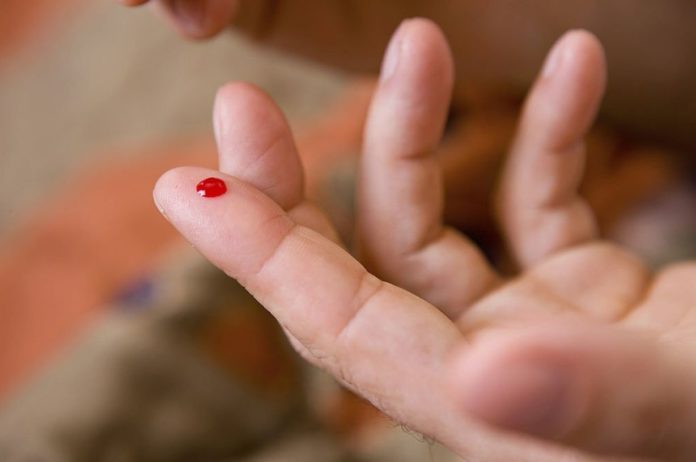Deep vein thrombosis is the medical term for a blood clot that forms in a vein, commonly in the leg, and it can be extremely serious, even fatal.
Could drinking the world’s most popular beverage increase your risk?
Professor Mark Whiteley, a renowned consultant vascular surgeon, said in an exclusive interview with Express-UK that caffeine may cause “sticky blood,” which raises the risk of a blood clot.
Professor Whiteley noted that “Dehydration affects the constituents of the blood, making blood thicker and more ‘sticky’.”
“Blood flows at a slower rate in veins than in arteries,” the expert added, “Therefore, being dehydrated can increase the chances of developing a blood clot in the veins.”
The CDC lists the following symptoms of DVT in the leg:
- Throbbing or cramping pain in 1 leg (rarely both legs), usually in the calf or thigh
- Swelling in one leg (rarely both legs)
- Warm skin around the painful area
- Red or darkened skin around the painful area
- Swollen veins that are hard or sore when you touch them.
If you suspect you have DVT, “you should seek medical help immediately,” according to CDC.
These symptoms can also occur in your arm or stomach if that’s where the blood clot is.
If you have any DVT symptoms accompanied by dyspnea or chest pain, you should speak to your doctor.
Tea, the world’s favorite beverage, contains caffeine, which “actually causes you to lose water,” according to Professor Whiteley.
Thus, tea “can make dehydration worst” in addition to coffee and alcohol.
Dehydration’s primary warning signs include:
- Feeling thirsty
- Dark yellow or strong-smelling urine
- Feeling lightheaded
- A dry mouth.
“Dehydration means your body loses more water than you take in,” Professor Whiteley said, and “without enough water, your body cannot function properly, and you can become unwell.”
It is crucial to drink plenty of fluids in order to prevent dehydration.
Nevertheless, as was already mentioned, not all liquids are created equal; some can undoubtedly be more hydrating than others.
To help you stay hydrated, Professor Whitely suggests sipping on water, diluted squash, herbal teas, and fruit juice.
Professor Whiteley suggests the following for warm days and lovely evenings:
- staying as much as possible in the shade
- avoiding direct heat, especially when it is most intense.
“Staying hydrated, no matter the weather,” according to him, “will help to improve your vein health.
Whatever the weather, drinking plenty of fluids will thin the blood, which will improve general circulation. But excessive drinking can also lead to issues.
Signs of excessive drinking
- Sweating at rest
- Urine that is completely colourless (it should be very light yellow)
- Lack of concentration.
- Risk factors for developing DVT
In addition to dehydration and sticky blood, the risk of a DVT increases if you:
- Are over 60
- Are overweight
- Smoke
- Have had DVT before
- Take the contraceptive pill or HRT
- Have cancer or heart failure
- Have varicose veins.
Going on a long trip (more than three hours) by vehicle, rail, or plane could further raise your chance of developing a DVT.
Pregnancy, as well as being confined to a bed for an extended period of time, may enhance a person’s risk.
Professor Mark Whiteley is The Whiteley Clinic’s top venous surgeon.
Image Credit: Getty
You were reading: Most Popular Drink In The World May Make Blood Sticky, Increasing Risk Of Blood Clot – UK Professor
